When you want to start your own eCommerce business you should expect some challenges along the way. Making the right choices from the beginning will help a lot and one of the most important ones is selecting the eCommerce platform that you are going to use.
Usually, if we think about BigCommerce vs Shopify two of the biggest names that are on this market, it is important to understand the differences between them and which one is the best for you. For sure you have heard of them until now. They offer a simple platform for use on which entrepreneurs and merchants can start selling. The numbers these companies deal with is around billions of dollars that are generated by thousands and thousands of online retailers.
So, what platform should you use to get the best online store possible? Both Bigcommerce and Shopify are at the top of the pack. This is because they constantly improved their services and do a lot of good updates. Let’s discover the differences between Bigcommerce vs Shopify in order to understand even better which is the right one for us to use.
Bigcommerce and Shopify: The differences
Need for a reliable host
If you are excited and starting your own business was a dream for quite some time you will need a reliable platform that will help you by answering all of your needs. Both platforms are some of the best online store builder players online. Your final choice is going to be a lot about your personal needs.
BigComerce has a more professional approach because you can provide better customer care and support so it can be a great choice. Shopify, on the other hand, is more design-oriented and you can start selling your products without paying any kind of fees at all.
Carts
E-commerce carts are not created in the same way. Depending on your skill level and experience in the online environment you can choose to modify the code to get certain features that you would like. However, the top two options for carts can be used from day one and don’t require any advanced technical skill to install are BigCommerce and Shopify.
BigCommerce
In the Bigcommerce vs Shopify battle, we need to see more details about both platforms so we can understand them better. BigCommerce is a technology company that provides a SaaS ecommerce platform and is one of the leading players in this zone. It has a lot more sale tools than other platforms and it also offers great multi-channel integration.
Because it has an open app ecosystem this can be a signal for the idea that you can grow online sales quite fast for your business. If we get to the numbers, we will find out that BigCommerce supports eCommerce for 60,000 brands, 2,000 mid-market businesses and 30 Fortune 1000 companies. Starting to see the potential of this tool?
We can consider it ideal for retail brands that want to scale and searching for a method to do it in online. For sure you are going to love its search menu together with the support options that can be offered. In the end, this is going to be a good choice for persons that want to start their own ecommerce store and discover the true potential of this medium.
Shopify
Shopify was launched in Canada and it has its headquarters in Ontario. These platforms offer different tools like marketing, customer support, shipping and other features that will help you simplify the mechanism of running an online store.
If we look at its activity, Shopify has more than 800,000 businesses in around 175 countries in 2018. The volume of sales is at a staggering $41.1 billion for 2018 and probably this number is going to get higher and higher.
Considering that Bigcommerce vs Shopify have been big competitors they both wanted to bring more advantages to the game so people will choose them. Shopify can be used with no problems by anyone even if you don’t have any experience in it. Consider it a good choice for people that want to try out Ecommerce. There is a lot of support for freshers and chances are quite big that you get your own shop pretty fast.
What do Bigcommerce and Shopify really do?
You can compare them with an online store builder because, in the end, they help you create your own and help you to start selling. You can use them in a web browser so you will not lose any time with installing software and you can manage your store from basically anywhere if you have an internet connection.
The main focus of this type of store website is to help you create your own one without needing to code or design something. You choose the template you like, upload the products and their price and you are ready to go.
For sure if you want to do a great job you still need to pay attention to some details like the design part for example. This can start from the way your online store website looks to the way you took the pictures of your product.
In the BigCommerce vs Shopify race, you can’t really lose if you choose the one that suits your needs the most. They are both Saas tools so this means you will have to pay a monthly or annual fee depending on your preferences in order to have access to your software.
BigCommerce VS Shopify
Load time and Page speed
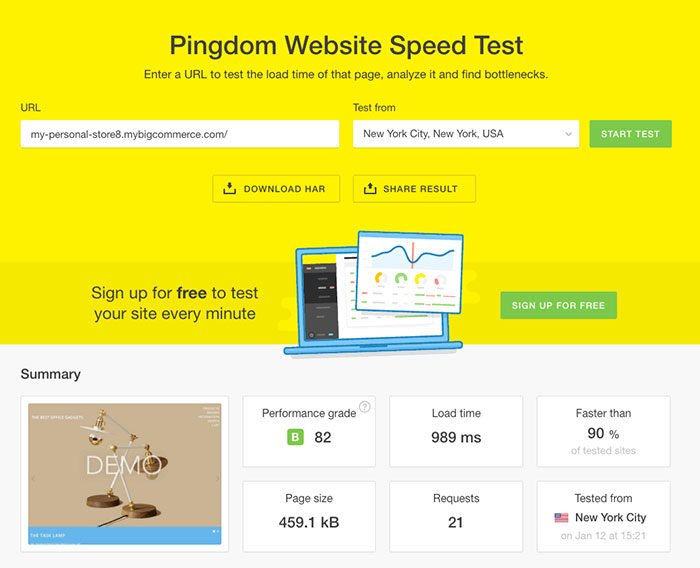
One of the most important aspects of a website is the time it takes to load. Nobody is going to lose time, especially online to wait for your site to load more than a few seconds. SEO also comes into play here because in theory, the faster your site is the more chances you have of converting customers.
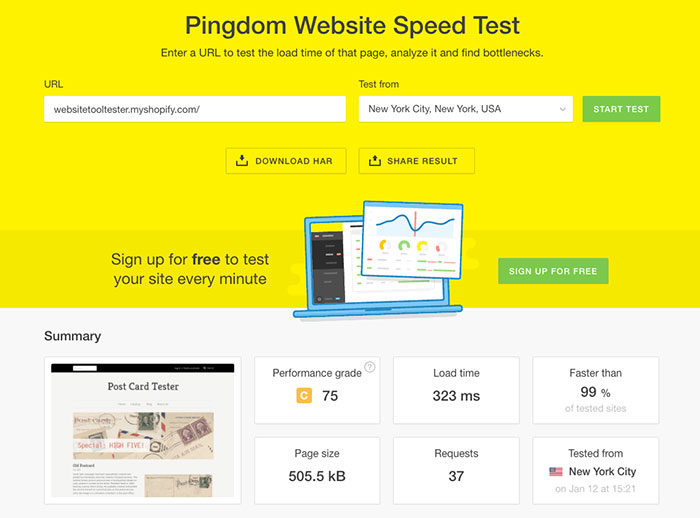
Both platforms load fast, Shopify having a slight advantage on this. Shopify came first when we analyzed ten ecommerce platforms and had an average time of 1.3 seconds. BigCommerce time was 2.2 seconds.
Hardware & Software Requirements.
Both platforms are cloud-based shopping carts, so this means that you just need an internet connection to your device, and you are ready to go. No need to install software.
Ease of use
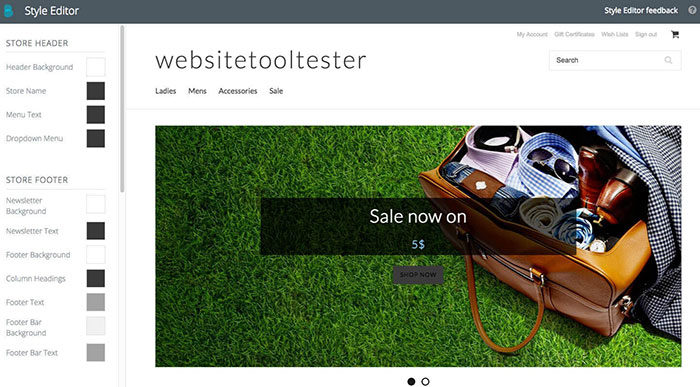
In terms of how easy they can be used BigCommerce vs Shopify, try each one to offer the best admins menus. Maybe you’ve used in the past WordPress, you will see that the menu is very similar for these platforms as well.
First of all, you will need to choose a theme that works for you and then to make the settings that you want. The next steps consist of uploading different products and images. If you run into problems, there are a lot of tutorials and you can get support via phone or forums.
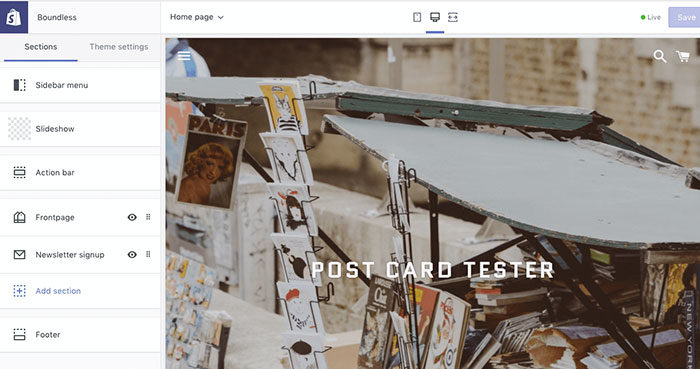
BigCommerce has more functionality than Shopify so you will need to learn more elements when starting. Either way, when you make your choice for sure you will put first your personal preference. Just try both and see which one is better for you. They have free sign-up that gives you plenty of time to play around and discover the one you prefer.
Amount of “stuff”
Flexibility should be your focus when you are deciding which eCommerce platform should be the one that you get. We discovered that in the Bigcommerce vs Shopify conclusion both have a lot of themes. What is different is that Shopify has more apps than Bigcommerce and more experts that are in the marketplace. So, Shopify has more add-on potential but BigCommerce offers more functionality without the need for add-ons.
Web Design
IF we talk about this part, for sure Shopify has always offered more themes and templates to choose from, even with mobile responsive design. There are also some free but most of them will cost you around $140 – $180.
The themes are easy to edit, and you don’t have to be a pro at this. You can literally arrange the page in the way you want, and you can also change the typography and colors without editing the code behind even for the free Shopify themes.
Bigcommerce offers around 120 options for the themes that you can choose from. A lot of them are similar so you might not be impressed by this aspect. But for sure you will be able to find some good ones. The price range is from $145 – $235 or you can have a go at the free ones.
SEO
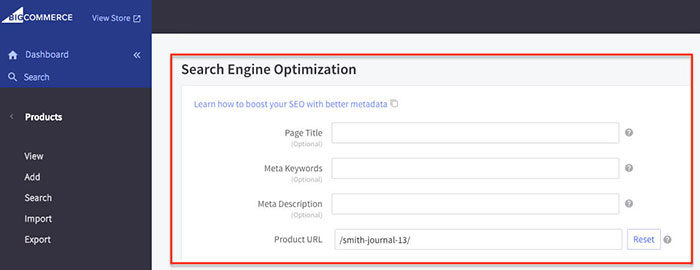
An important step in selling your products online is the SEO part that you do for your shop. This is because SEO will help customers to find you when they are searching for something in particular. PPC ads for example guesswork the driving traffic that is going to certain keywords and it can bring the traffic directly to your store. Bigcommerce vs Shopify is quite different in this aspect because Shopify is a bit behind due to its rigid structure.
Google always wants short URLs and having a function to edit them can help you a lot, and Shopify does this. BigCommerce lets you to full edit URLs so you shouldn’t have any problem with both platforms on this feature.
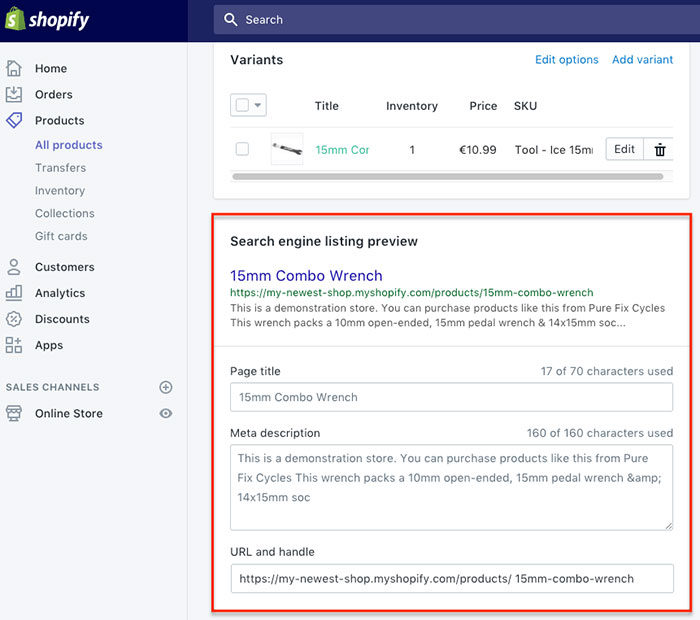
BigCommerce comes with an option that you can choose what content is enabled so you gain a more accelerated load time. If you want this also for Shopify, you need to get an app that does that. On average BigCommerce SEO works better because the stores that use it have a higher ranking.
Blog
Both online store builder platforms have a blog function that you can use. You can make content that ranks very well in search engines. However, the blog doesn’t have an RRS feed in BigCommerce and Shopify has no blog categories. You can always integrate WP if that helps.
Security
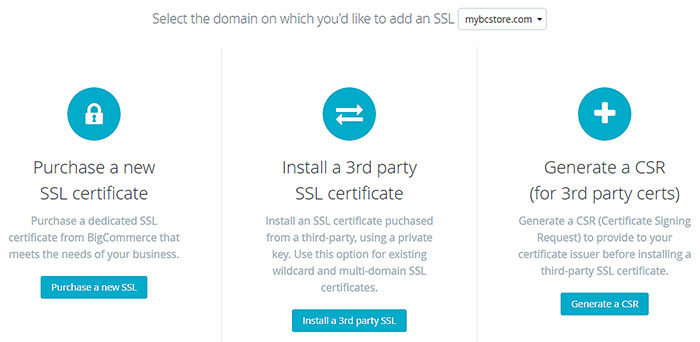
This is also important when we think about BigCommerce vs Shopify in terms of security. First of all, they are hosted on servers that are Level 1 certified for PCI DSS. So, you get the highest-level protection against any kind of data breach. They also offer a free SSL certificate that encrypts all the pages through checkout.
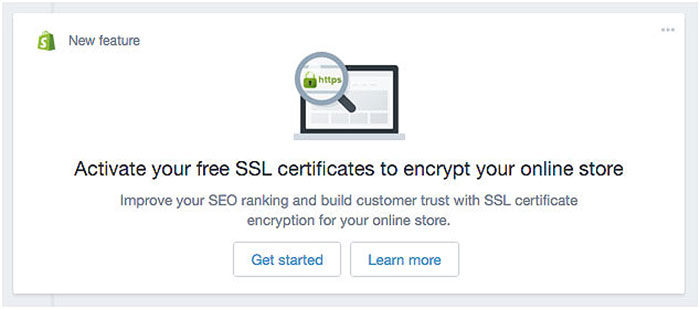
BigCommerce has a bit more advantages on this part because it comes with a bit more flexibility for its SSL certificates. This is because any user can get a specialized SSL through BigCommerce if the free one doesn’t offer enough protection. Another point is that at the Pro subscription level you also have the option to transfer a third-party custom SSL that might bring more features and even domain coverage.
Biggcomerce and Shopify pricing
Bigcommerce has 4 pricing plans:
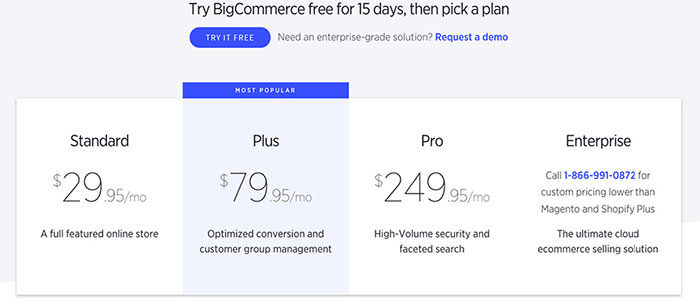
- Bigcommerce Standard: $29.95 per month
- Bigcommerce Plus: $79.95 per month
- Bigcommerce Pro: $249.95 per month
- Bigcommerce Enterprise: differs depending on your needs
Shopify has 5 pricing plans:
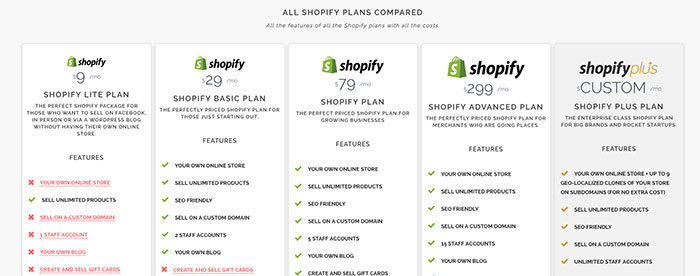
- Lite: $9 per month
- Basic Shopify: $29 per month
- Shopify: $79 per month
- Advanced Shopify: $299 per month
- Shopify Plus: differs depending on your needs
As you can tell you will be able to sell online cheaper if you choose Shopify with the “Lite” plan it offers that costs just $9 per month. The big minus is that you don’t really get a fully functional online store.
Shopify also charges transaction fees for every sale that you make if you don’t get their native payment processor called Shopify Payments so be aware of that. Also, if you are outside their selected 11 countries or using other cross-selling apps you will not be able to use the gateway. Fees generally range between 0.5 % to 2.0 %.
On Bigcommerce you also get some features that are restricted to a higher plan, but you get them on a starter plan on Shopify. One difference is that Bigcommerce only offers Abandoned cart recovery on the plus plan, but Shopify gives it in the basic plan while Shopify offers Gift cards from the Shopify plan but Bigcommerce gives it from its Standard plan.
Which has the best sales features?
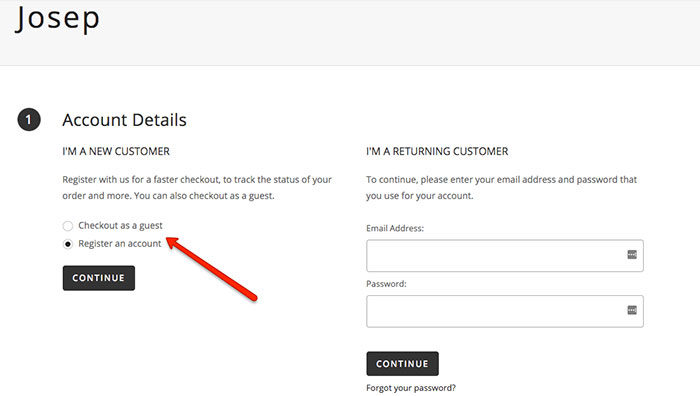
Continuing our Bigcommerce vs Shopify analyses we reached the sales feature. Sales features are everything that connects with its transaction fees or shipping options. When you start your shop, you need to make sure you get the best.
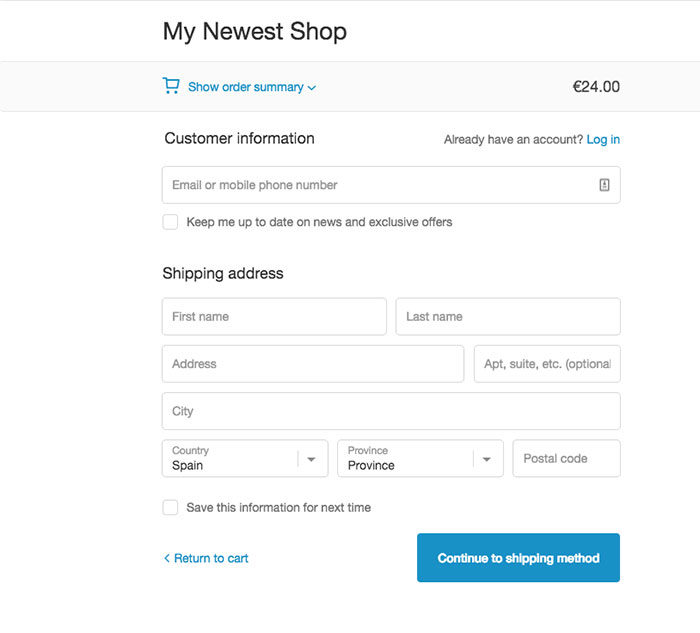
In our research, we discovered that Shopify was number one when it comes to sales features. Bigcommerce was not behind with a lot and was in second place. They have all a lot of great sales features that can help your business. So, the question is now how do you choose?
Well, the answer is that it depends a lot on the type of features that you need.
Customer Service & Technical Support
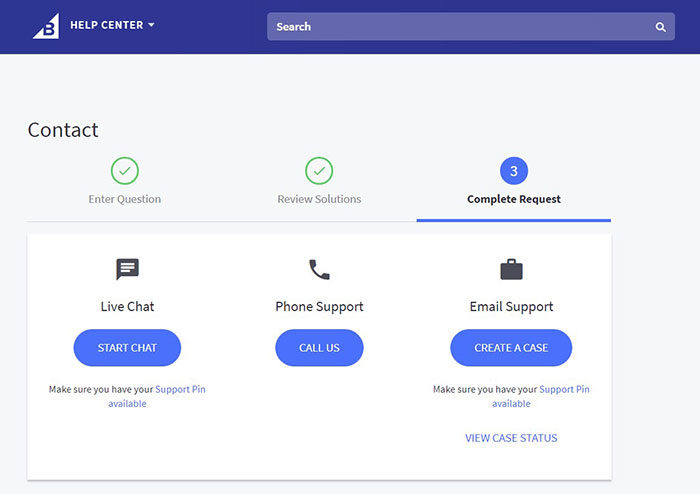
Both platforms give you a lot of help and they have a form of 24/7 support. It can be via phone, email and live chat. So, it’s just a matter of preferences and choosing one.
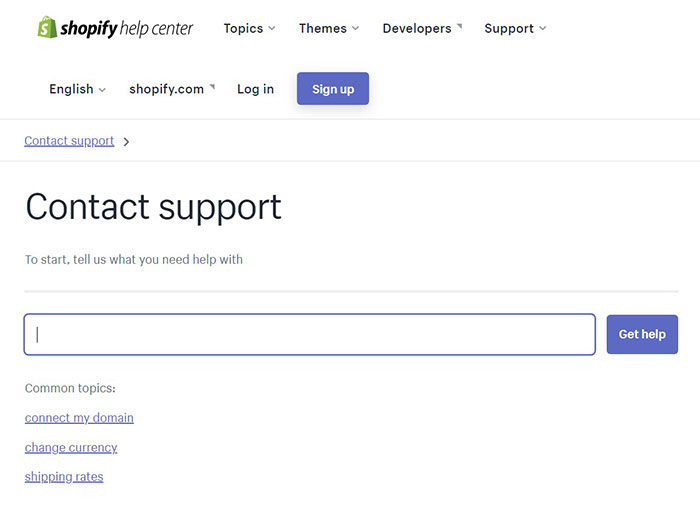
BigCommerce has a helpful form that is active and a cool resource center that you can navigate through and discover the information you need. Shopify published great support materials and it also has a blog and forum together with a knowledgebase. The overall impression is that both platforms have a lot of support material that can help you when you encounter certain problems.
Payment gateways
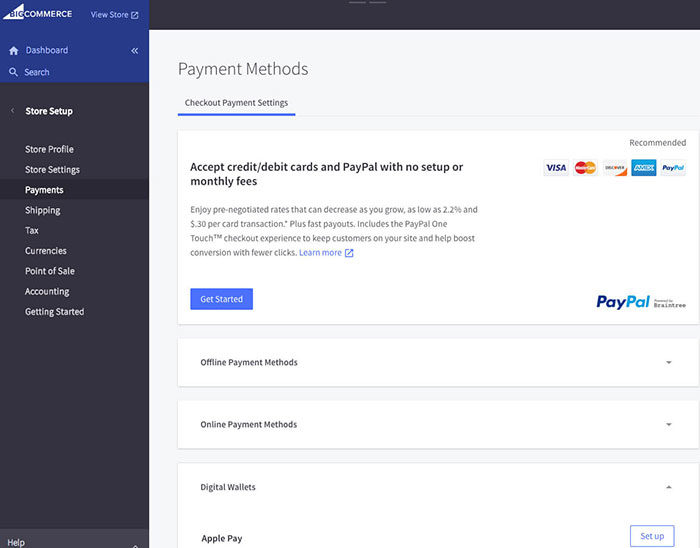
Still not sure which platform to choose from BigCommerce vs Shopify? Both let you connect to a lot of payment gateways, but this depends actually on the country you live in. They support the big ones like PayPal, Worldpay, 2Checkout and so on.
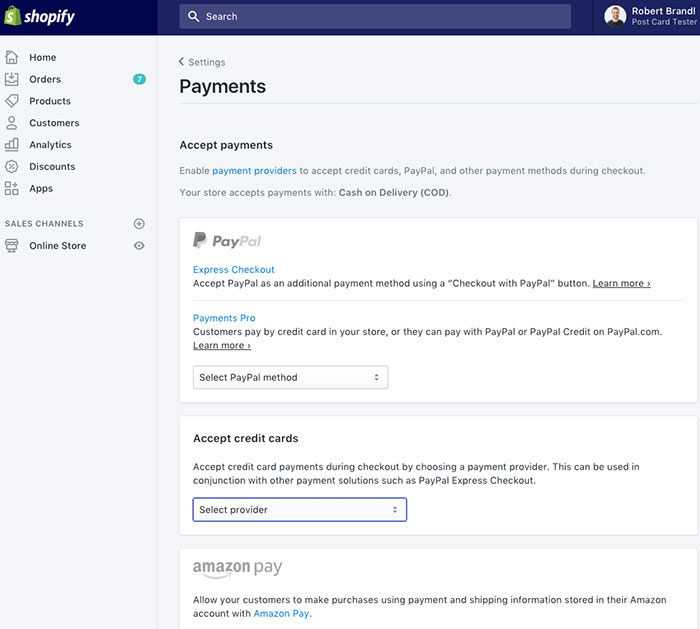
If you don’t want to complicate yourself with third-payment gateways you can use the ones that Bigcommerce and Shopify provide themselves. Just check their options and make the final choice that you have.
Bigcommerce and Shopify: Which is right for you?
Bigcommerce and Shopify are cool web store builders that you can try. For sure there are some differences and we discussed the main ones above. Start your business now and go for the best fit platform that you think will help. Now you have all the details to choose from Bigcommerce vs Shopify because you know their advantages and disadvantages.
If you enjoyed reading this article about Bigcommerce and Shopify, you should read these as well:
The post BigCommerce vs Shopify: Which one is better at what appeared first on Design your way.
Source: https://ift.tt/2VH9zWY
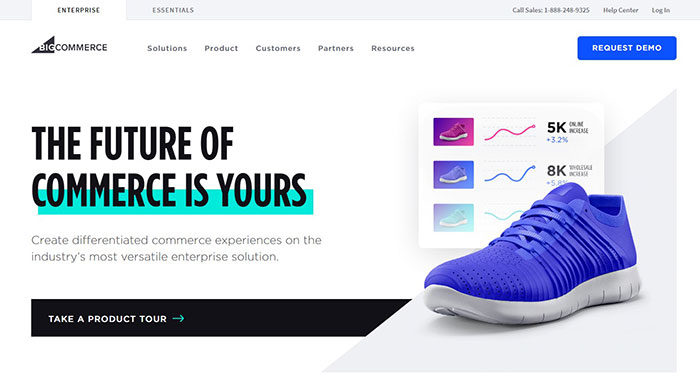



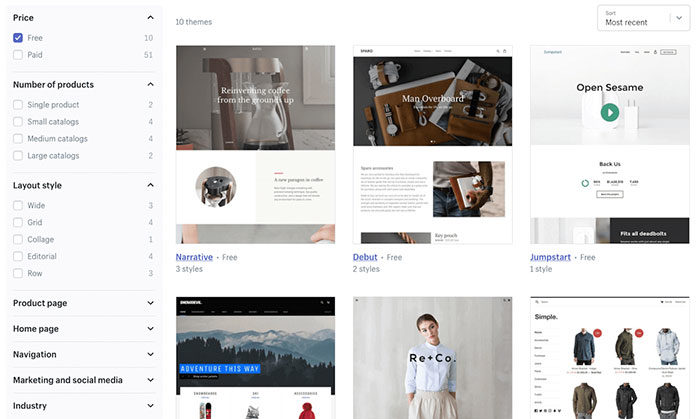
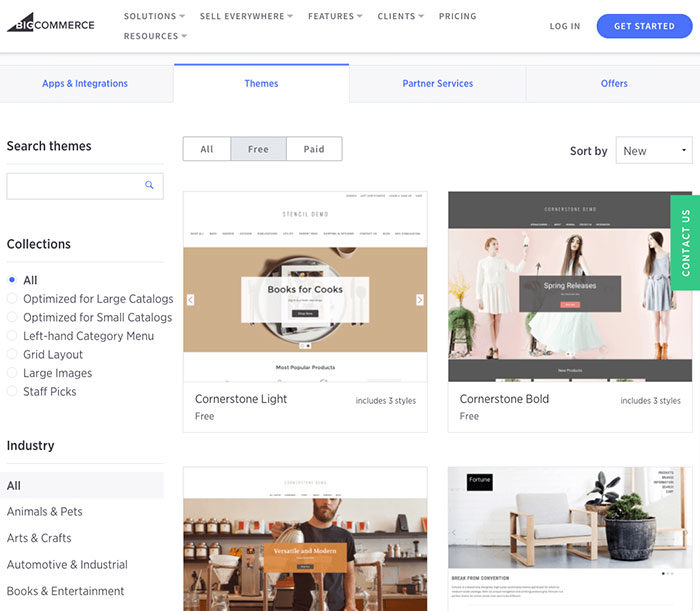

No comments:
Post a Comment